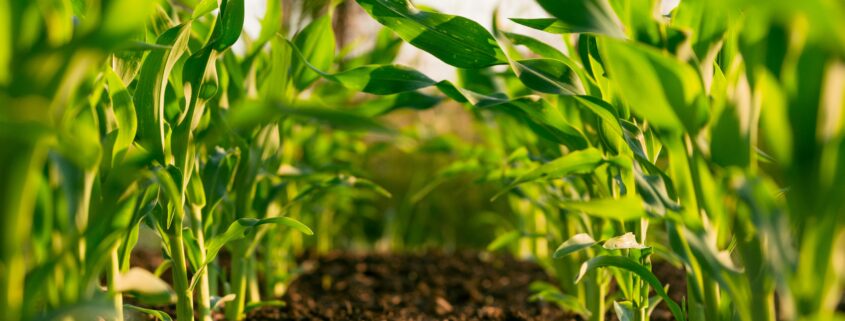
The LEAF Marque Standard: Ensuring Sustainability in Farming
In the contemporary era, where sustainability and environmental responsibility have become paramount, the LEAF (Linking Environment And Farming) Marque Standard stands out as a beacon of excellence in the agricultural sector. Established by the LEAF organization, this certification system is designed to recognize and promote sustainable farming practices that are beneficial to the environment, farmers, and consumers alike. This knowledge base article delves into the essence of the LEAF Marque Standard, exploring its history, principles, certification process, benefits, and challenges, thereby offering a comprehensive overview of this pivotal initiative.
History and Background
The LEAF organization was founded in the early 1990s as a response to the growing concerns over agricultural sustainability and environmental preservation. The LEAF Marque Standard was introduced to provide a tangible and credible certification system that could assure consumers about the environmental integrity of the farming practices used to produce their food. Over the years, it has evolved to incorporate the latest in sustainable agriculture research and technology, ensuring that it remains at the forefront of promoting best practices in farming.
Principles of the LEAF Marque Standard
The LEAF Marque Standard is built around a series of core principles that outline the essential elements of sustainable farming. These principles include:
- Integrated Farm Management (IFM): This approach encourages farmers to use a combination of traditional methods and modern technology to achieve high productivity while minimizing environmental impacts. It covers various aspects of farming, including soil management, water conservation, energy efficiency, and biodiversity.
- Conservation and Wildlife: Protecting and enhancing wildlife habitats and biodiversity on farms is a key aspect of the LEAF Marque Standard. Farmers are encouraged to maintain and establish wildlife habitats and ecological features.
- Community Engagement: The standard emphasizes the importance of farms engaging with the local community to promote understanding and support for sustainable farming practices.
- Continuous Improvement: Farmers are encouraged to continually assess and improve their environmental performance, ensuring that their practices evolve in line with advancements in sustainable agriculture.
Certification Process
The certification process under the LEAF Marque Standard involves several key steps, designed to ensure that farms meet the high standards of sustainability and environmental care required. These steps include:
- Self-Assessment: Farmers begin by conducting a self-assessment against the LEAF Marque Standard’s criteria, identifying areas of strength and opportunities for improvement.
- Independent Audit: An independent audit is carried out by a LEAF-approved certification body. This involves a thorough review of the farm’s practices, records, and management strategies to ensure compliance with the standard.
- Certification: If the farm meets the required standards, it is awarded the LEAF Marque certification. This certification is valid for a specific period, after which the farm must undergo a re-assessment to maintain its status.
- Continuous Improvement: Certification is not seen as an end goal but as part of a continuous journey of improvement. Farmers are encouraged to use the feedback from the audit process to make ongoing enhancements to their practices.
Benefits of the LEAF Marque Standard
The LEAF Marque Standard offers a multitude of benefits, not only to the environment and the farming community but also to consumers and the wider society. These benefits include:
- Environmental Protection: By promoting sustainable practices, the standard helps in the conservation of wildlife, reduction of greenhouse gas emissions, and preservation of natural resources.
- Enhanced Farm Viability: Adoption of IFM practices can lead to improved efficiency, reduced input costs, and potentially higher yields, contributing to the economic sustainability of farms.
- Consumer Trust: The LEAF Marque certification provides consumers with assurance that the products they buy are produced in an environmentally responsible manner, fostering trust and loyalty.
- Market Access: For many farmers, achieving LEAF Marque certification opens up new market opportunities, including access to premium markets that value sustainability.
Challenges and Considerations
While the LEAF Marque Standard has garnered widespread support, it also faces several challenges. These include:
- Adoption Barriers: For some farmers, particularly smallholders or those in developing countries, the cost and complexity of meeting the certification standards can be significant barriers to adoption.
- Keeping Pace with Innovation: As agricultural technologies and practices evolve, the LEAF Marque Standard must continuously update its criteria to remain relevant and effective.
- Market Recognition: Despite its benefits, awareness and recognition of the LEAF Marque among consumers and retailers can vary, affecting the incentive for farmers to seek certification.
Learn more at: LEAF.eco
Interested in exploring more about certificates, standards, or questionnaires and their management? Click here for a comprehensive tour of our software and discover how we can assist you.
